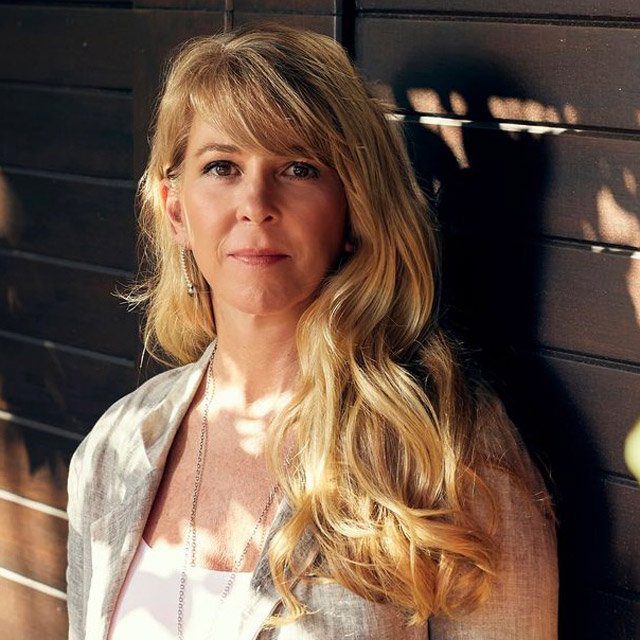Schwab's Sonders Sees Opportunity in the 'Bear Market for Everything'

What You Need to Know
Schwab currently seeks quality characteristics in stocks rather than specific sectors.
Fed soft landing with little labor disruption, curbed inflation, lower balance sheet may be ‘pie in the sky,’ Sonders said.
Liz Ann Sonders, chief investment strategist for Charles Schwab, sees opportunities for investors even in “the bear market for everything,” and cited different scenarios that could spur the stock market to move in either direction.
There haven’t been many places for investors to hide in the current environment but they can find appealing companies, Sonders noted on a Schwab WashingtonWise podcast posted early Thursday.
“To some degree, we are in the aftermath of what many were calling a bull market in everything, and it wasn’t just the equity market, it was fixed income, it was housing, it was private investments,” she told podcast host and political analyst Michael Townsend. “And we’re in, kind of, the bear market in everything, but that doesn’t mean there aren’t opportunities, aren’t places to look for value.”
Schwab’s ‘Factor-Based Investing’ Approach
Rather than picking sectors, Schwab this year has taken a sector-neutral stance, emphasizing “factor-based investing” by screening companies for characteristics indicating high quality.
“You can apply factor-based analysis across all segments of the market, across all 11 sectors,” Sonders explained, according to a podcast transcript. “You can apply factor-based analysis to large-caps, to small-caps, to stocks that are housed in growth indexes, to stocks that are housed in value indexes.”
The firm expects both growth- and value-oriented “quality” characteristics to keep working at least in the near term, she said. With troubles in the broader economy and market, including companies revising their earnings outlooks downward, “you want to look for companies that are bucking that trend, that have positive earnings revisions,” Sonders said.
The rising-interest-rate, high-inflation environment tends to put downward pressure on longer-duration stocks — companies with cash flows and earnings expected well into the future — she noted.
So Schwab emphasizes companies that generate strong cash flow in the near-term — higher dividend-paying companies that can sustain those dividends because of those shorter-term cash flows — Sonders explained. Given rising interest rates, Sonders also suggested companies with strong balance sheets marked by higher cash and lower debt levels.
Touching on the broad range of expert predictions on where the stock market will go, Sonders cited different potential scenarios that would prompt movement in either direction. She suggested that forecasters’ varying scenario analyses account for the differences, and placed herself “somewhere in the middle” of broadly divergent projections.




